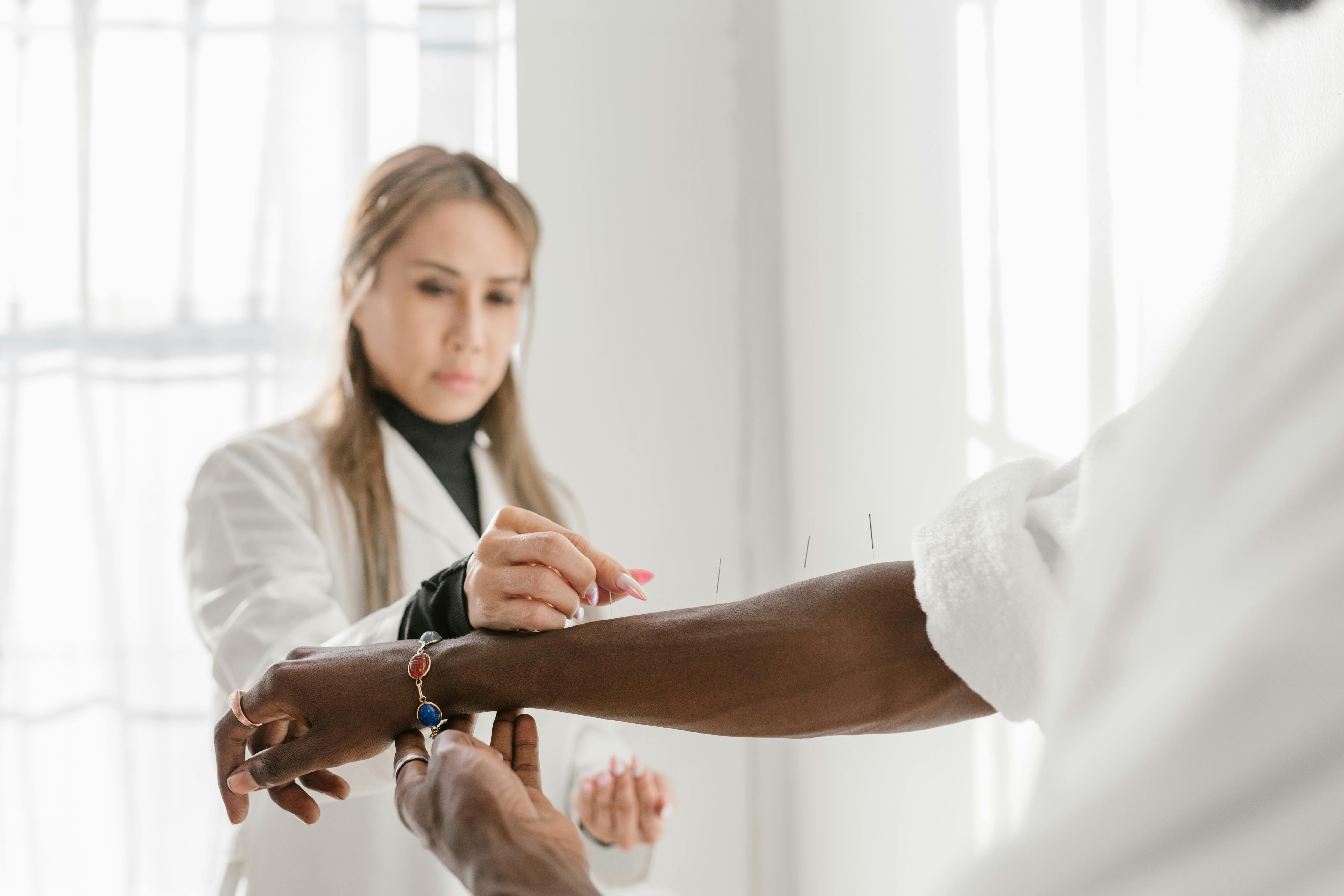Key Takeaways
- Acupuncture is a holistic approach that can enhance immune function, reduce inflammation, and boost overall vitality.
- Common acupuncture points like ST36, LI4, and GV14 are used to support immune health.
- Acupuncture for the immune system can be of many types, including auricular acupuncture, electroacupuncture, and Japanese acupuncture.
In today’s health-conscious world, maintaining a strong immune system is more important than ever. Acupuncture for immune system health offers a holistic approach that supports your body’s natural defenses.
This traditional Chinese practice uses fine needles to stimulate specific points on the body, promoting energy flow and balance. There are different types of acupuncture, including body and auricular, both of which can boost immunity.
Modern wellness trends are increasingly turning to ancient practices like acupuncture, blending the best of both worlds to enhance overall well-being. It’s a reminder that sometimes the old ways are just as powerful as the new.
Types of Acupuncture for Immune System
Various styles of acupuncture have long been used to influence immune function, each with its own unique techniques and theories. From traditional body acupuncture to auricular and scalp acupuncture, each type targets different points to enhance immune health and overall vitality.
Traditional Chinese Medicine (TCM)
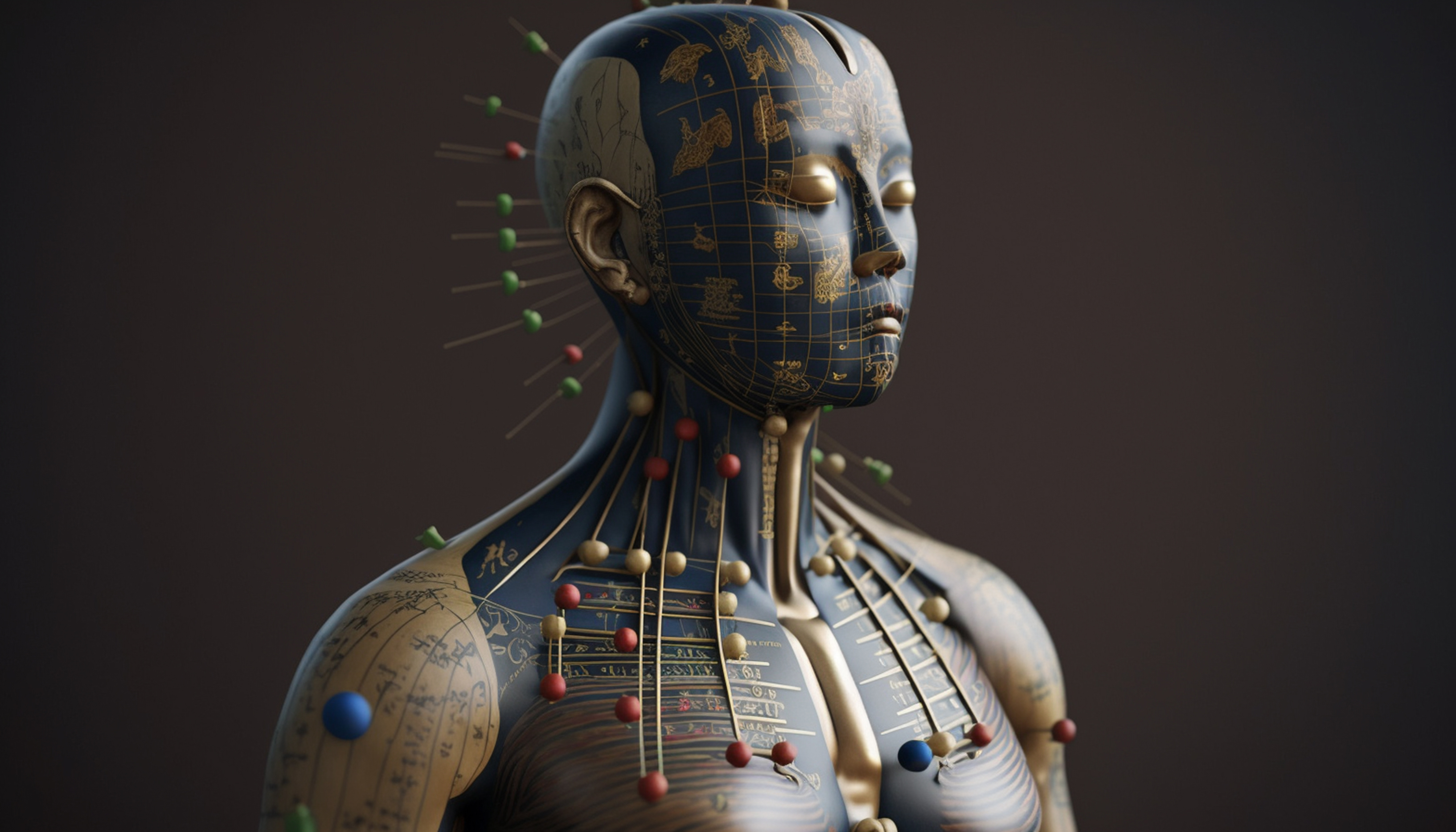
Traditional Chinese Medicine (TCM) acupuncture is a centuries-old healing practice that focuses on restoring balance within the body. It works by stimulating specific points along the body’s meridians to regulate the flow of energy, or “qi.” For immune health, TCM acupuncture focuses on strengthening “Wei Qi,” the body’s protective energy, and harmonizing internal systems to enhance immunity.
The foundational principles of TCM are:
- Qi (vital energy): Flowing energy throughout the body, crucial for overall health.
- Yin and Yang: The balance of opposing forces, essential for harmony in the body.
- Zang-Fu organs: The theory of organ function and their connection to overall health.
- Five elements: Wood, Fire, Earth, Metal, and Water, representing different body systems.
The techniques and meridian points used include:
- Tianzhu (GV 15): Located at the base of the skull, used to strengthen the immune system.
- Zusanli (ST 36): Known for boosting energy and improving digestion.
- Hegu (LI 4): A key point for regulating overall immune function.
Five element acupuncture
The Five Element theory in acupuncture is based on the idea that the five elements—Wood, Fire, Earth, Metal, and Water—correspond to different aspects of the body and mind. Each element represents a specific organ system and is connected to emotional states and physical health.
In terms of immune health, this approach aims to restore balance between the elements, addressing both physical and emotional imbalances that can weaken immunity. For example, a Wood imbalance might lead to frustration or anger, weakening the liver and its immune functions, while a Metal imbalance could affect the lungs, making the body more susceptible to infections.
Auricular acupuncture
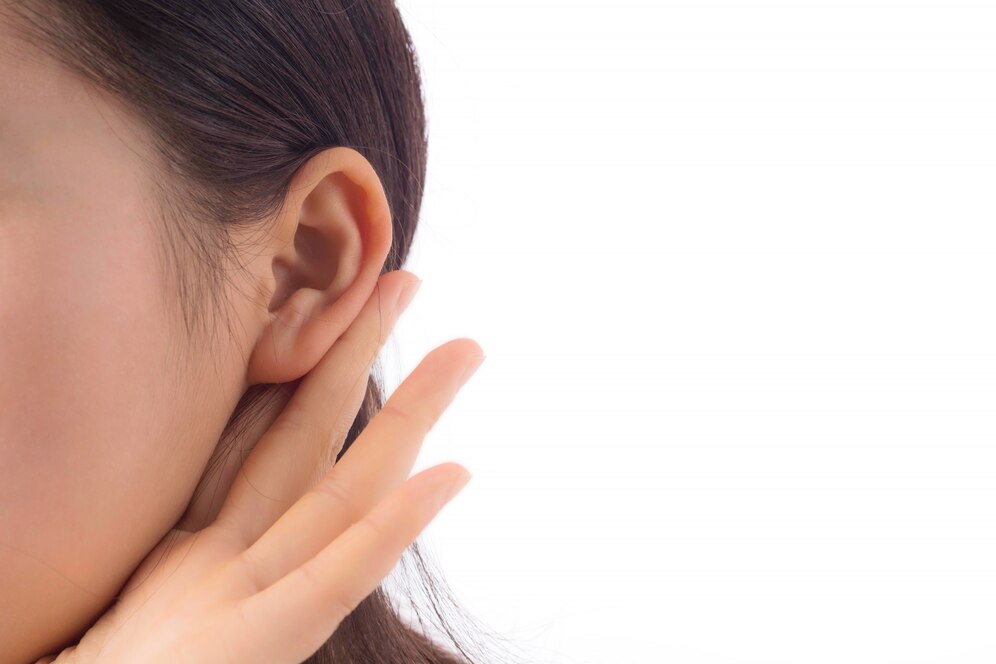
Auricular acupuncture is a specialized form of acupuncture that focuses on stimulating specific points on the ear using ear point techniques. The practice is based on the concept that the ear is a microcosm of the entire body, with each point on the ear corresponding to different organs, systems, and emotional states. By targeting these points, auricular acupuncture helps balance the body’s energy and enhance immune function.
This type of acupuncture is used commonly for treating:
- Chronic fatigue syndrome
- Allergies and asthma
- Frequent colds or infections
- Autoimmune conditions (e.g., rheumatoid arthritis)
- Skin issues (e.g., eczema, psoriasis)
Auricular acupuncture targets specific points on the ear that are believed to correspond to different organs and systems in the body. For immune stimulation, key points include Shenmen, which helps calm the nervous system and support overall health, and the Lung point, which enhances respiratory function and boosts immunity.
The Endocrine point plays a role in regulating hormonal balance, important for supporting immune health, while Point Zero is used to restore overall balance in the body, improving immune function. These points work together to help promote harmony and enhance the body’s natural defense mechanisms.
Electroacupuncture
Electroacupuncture is a variation of traditional acupuncture where small electrical currents are passed through acupuncture needles, enhancing the stimulation of specific points.
Unlike manual needling, where the needles are inserted and left in place, electroacupuncture involves a continuous, gentle electrical pulse. This method is thought to promote deeper energy flow, helping to regulate immune function.
Electroacupuncture is commonly used to treat conditions such as chronic pain, autoimmune disorders, allergies, and frequent infections by supporting overall immune system health.
Scalp acupuncture
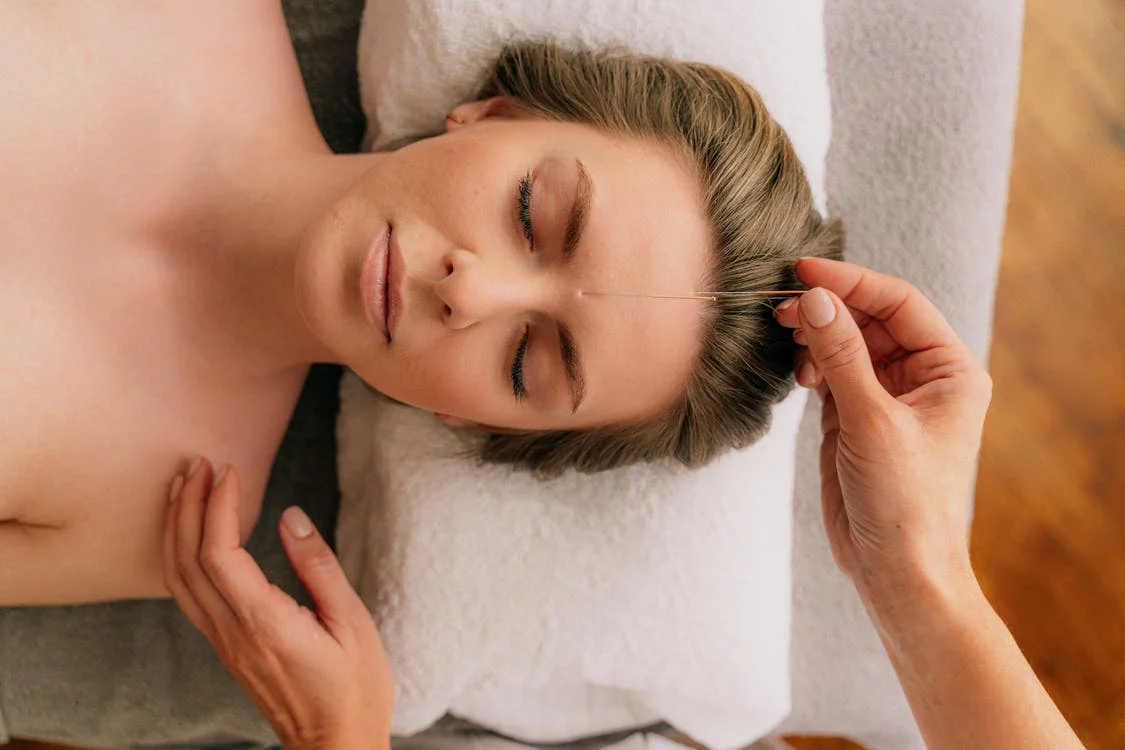
Scalp acupuncture is a specialized technique that focuses on stimulating acupuncture points on the scalp. It is primarily used to address neurological issues, as the scalp is thought to correspond to various areas of the brain and central nervous system.
By targeting these points, scalp acupuncture can help regulate the body’s overall function and improve conditions related to nerve function.
For immune-related disorders, scalp acupuncture may help modulate the immune system by improving circulation, reducing inflammation, and balancing the body’s energy. It is commonly used for conditions like chronic fatigue syndrome, autoimmune disorders such as rheumatoid arthritis, and conditions with neurological involvement, like multiple sclerosis.
Some cases have shown improvements in symptoms like fatigue, pain, and susceptibility to infections, as the treatment aims to support the body’s ability to fight off illness and maintain balance.
Japanese acupuncture
Japanese acupuncture is a refined and gentle form of acupuncture that emphasizes subtle needle insertion and precision in targeting acupuncture points. Unlike traditional Chinese acupuncture, Japanese acupuncture tends to use thinner needles and employs a lighter touch to create a more relaxed, comfortable experience for the patient.
Diagnostic techniques in Japanese acupuncture include pulse diagnosis, abdominal palpation, and observation of the tongue, which help practitioners assess the balance of energy in the body and develop individualized treatment plans.
For immune-related conditions, this approach is particularly effective in addressing underlying imbalances, promoting relaxation, and enhancing the body’s natural defenses.
The most common tools used in Japanese acupuncture are fine needles, moxibustion (a heat therapy), and sometimes even a technique known as “shonishin,” a gentle form of pediatric acupuncture.
Medical acupuncture
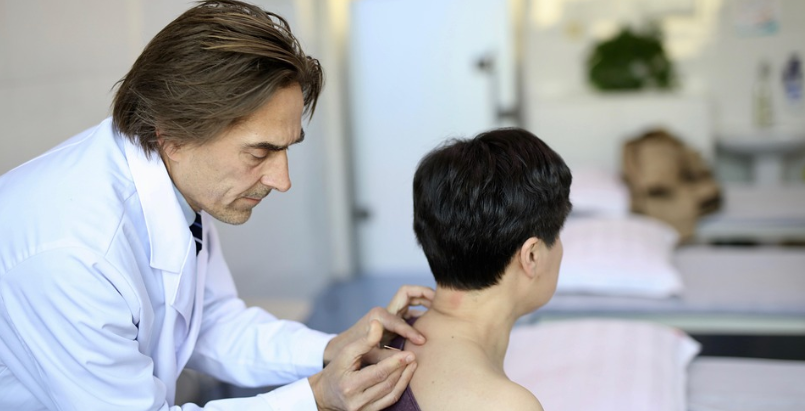
Medical acupuncture is a modern adaptation of traditional acupuncture with Western medicine principles. Practitioners of medical acupuncture typically use acupuncture alongside conventional treatments to address a range of health concerns.
Its evidence-based approach involves applying acupuncture techniques to specific points on the body, with the aim of stimulating the nervous system and promoting healing. In terms of immune health, medical acupuncture focuses on enhancing the body’s natural defense mechanisms, improving circulation, and reducing inflammation.
It is often used to support conditions like chronic pain, autoimmune diseases, and recurrent infections. For example, a patient with rheumatoid arthritis may receive medical acupuncture to reduce pain and inflammation while also boosting the immune response. This integrative approach aims to provide comprehensive care, combining the strengths of both Eastern and Western healing practices.
Moxibustion
Moxibustion is a traditional healing practice often used in conjunction with acupuncture. It involves the burning of moxa, a cone or stick made from dried mugwort, near specific acupuncture points to stimulate circulation and enhance the flow of energy (qi).
Moxibustion is traditionally used to strengthen the immune system by warming and invigorating the body, helping to eliminate cold and dampness, and promoting overall vitality.
Common moxibustion points include Zusanli (ST36) for boosting energy and immunity, Mingmen (DU4) to strengthen vitality, and Qihai (CV6) to support overall health. Techniques include direct moxibustion (placing moxa directly on the skin) and indirect moxibustion (using a moxa stick near the skin).
Key Signs of a Poor Immune System
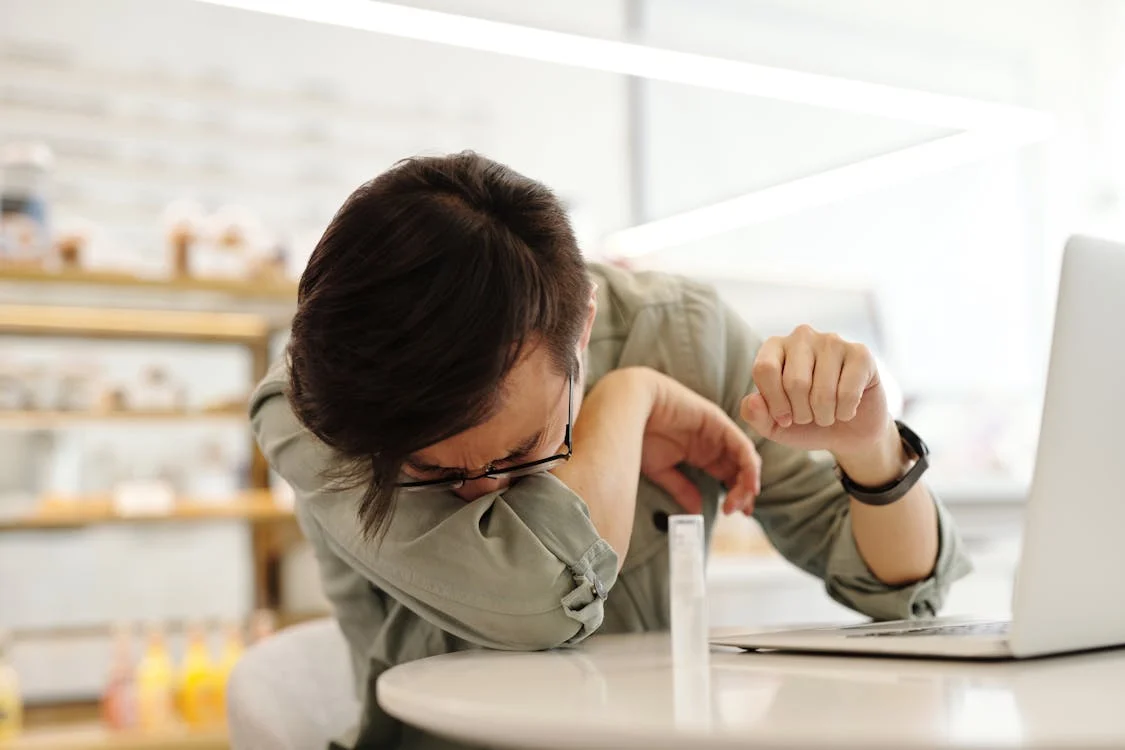
A weakened immune system can make it harder for your body to fight off illnesses and recover from injury. Recognizing the signs early can help you take steps to improve your health. Key physical, emotional, and behavioral indicators of a weakened immune system include:
Physical indicators
- Frequent infections such as colds, flu, or respiratory infections
- Fatigue or feeling constantly tired, even after rest
- Poor wound healing or slow recovery from injuries
- Unexplained weight loss or muscle weakness
Emotional Indicators
- Increased stress or anxiety, which can weaken immune function
- Mood swings or irritability
Behavioral Indicators
- Frequent use of medications due to recurring illnesses
- Lack of energy or motivation to engage in daily activities
These symptoms can point to a compromised immune system, and it’s important to consult a healthcare provider for proper diagnosis and treatment.
How Acupuncture Supports the Immune System
Acupuncture is thought to boost the immune system by helping the body find balance. In Traditional Chinese Medicine, it’s believed that acupuncture moves “Qi” (vital energy), which strengthens the body’s defenses. From a scientific view, acupuncture affects how the immune system works in several ways.
It can increase the activity of white blood cells, like T-cells and natural killer (NK) cells, which help fight infections. Studies also show that acupuncture helps the body release cytokines—proteins that control inflammation and immunity. It can lower harmful inflammation and help the body recover faster by promoting anti-inflammatory responses.
Research even suggests acupuncture activates nerve pathways that help calm the immune system when it’s overactive, which may help with autoimmune or chronic inflammatory conditions.
Together, these effects explain why acupuncture is often used to support overall health and immunity.
Who Can Benefit Most from Immune-Supporting Acupuncture?
Acupuncture can be a gentle, natural way to support the immune system, especially for those dealing with chronic health challenges or frequent illnesses. It works by restoring balance in the body and enhancing immune response.
- People with autoimmune disorders – Acupuncture may help regulate immune activity and reduce inflammation, offering relief from symptoms without suppressing the immune system.
- Those with chronic fatigue or long COVID – By improving energy flow and reducing stress, acupuncture can support recovery and help the body regain strength.
- Individuals with allergies or asthma – Acupuncture may calm overactive immune responses, easing symptoms like congestion, sneezing, or shortness of breath.
- People under high stress – Stress weakens immunity; acupuncture helps relax the nervous system and restore immune balance.
- Older adults or those with weakened immunity – It may gently stimulate immune defenses and improve overall wellness.
What to Expect in an Immune-Focused Acupuncture Session
In an immune-focused acupuncture appointment, patients can expect a thorough and relaxing experience designed to enhance their health. The process involves:
- Initial consultation: The practitioner will ask about your health history, symptoms, and lifestyle to assess your immune health.
- Point selection: Based on your condition, specific acupuncture points are chosen to regulate immune function and reduce inflammation.
- Needle insertion: Fine needles are gently inserted, typically causing little to no discomfort.
- Techniques: Moxibustion (heat therapy) or electroacupuncture may be used to further stimulate the points.
- Duration: The session usually lasts 30-60 minutes, with patients often feeling relaxed or energized.
- Post-session recommendations: Drink plenty of water, avoid strenuous activity, and rest to allow the body to integrate the treatment.
Conclusion
Acupuncture offers a natural and holistic way to support immune health, helping to reduce inflammation, boost circulation, and enhance the body’s ability to fight illness. With its benefits ranging from improved energy to a balanced immune response, it’s a promising option for many. For those interested in exploring acupuncture further, it’s always a good idea to consult with a licensed acupuncturist for personalized care.
But if you’re passionate about learning more and potentially making this your career, consider pursuing a degree at the American Institute of Applied Medicine (AIAM) to gain in-depth knowledge and skills in this powerful healing art. Your immune system (and your future patients) will thank you!
Frequently Asked Questions (FAQs):
Is acupuncture worth it?
Yes, acupuncture can be an effective complementary therapy for boosting immunity, managing pain, and reducing inflammation.
What is the acupuncture point for immunity?
Common acupuncture points for immunity include ST36 (Zusanli), LI4 (Hegu), and GV14 (Dazhui).
What are three kinds of illnesses treated by acupuncture?
Acupuncture can treat chronic pain, allergies, and autoimmune disorders.
